I am writing with a heavy heart. A helicopter carrying the President of Iran, Ebrahim Raisi, Foreign Minister, Hossein Amirabdollahian and several others, crashed in a heavy fog on Sunday, May 19, in the northwestern part of the country. They all perished. The weather was bad, I understand, and the area mountainous and forested. It took many hours for first responders to reach the crash site and recover bodies. The crash occurred exactly one month after Kenya’s military chief, Francis Ogolla, died in a helicopter crash in the Western part of the country. Nine others perished with him.
These accidents evoke sad memories of February 9 when another helicopter accident in California took the lives of our dear Dr. Herbert Wigwe, his wife and son. Many of us are still in shock and pain.
Join our WhatsApp ChannelKobe Bryant, a US sports star died with his daughter in January 2020 in another chopper crash in California. In December, 2012, the governor of Kaduna State, Patrick Yakowa; the former NSA, Gen. Andrew Owoye Azazi and four other persons perished when the helicopter they were travelling in crashed and burst into flames in the forests of Okoroba, Bayelsa State.
I also remember the crash of August 2015 involving a chopper belonging to Bristow Helicopters. The machine crashed into the Lagoon near the Oworonshoki end of Third Mainland Bridge in Lagos. It was coming from the Escravos oil terminal and was heading for the Island. Three persons, including co-pilot, Mr. Peter Bello jnr, died. The pilot’s parents were my customers when I was managing the bank’s business in the Akwa Ibom-Cross River region. It was a devastating blow to Mr. & Mrs Bello of Pekab International, the Calabar-based construction and real estate company. Mr. Bello, from Edo, I think, came to do his NYSC in Calabar in the early 1980s, fell in love with the city, settled down and made a home of it. With his wife, they built a good business and raised a family. Their pilot son’s death has been crushing. When I took over in Calabar, Mrs Bello was particularly warm and welcoming to me. Her hotel on MCC Road served one of the best edikang ikong meals in the city. Well, that was over 10 years ago.
There have been many other chopper crashes in the last several years, but I can’t forget the one involving Gen. Muhammad Zia Ul Haq, Pakistani’s military Head of State, who died in a chopper crash on August 1988. Ul Haq was a mean military leader (think of Sani Abacha) who had his civilian predecessor Ali Bhutto executed despite international appeals for clemency.
Many Pakistanis celebrated Ul Haq’s death just as many in Iran are today celebrating the death of their President, Mr. Raisi for his hardline and scorched-earth decisions. Recall the death, last year, of that young Iranian girl who was killed for not wearing head scarfs and all the riots and demonstrations that came after it? Remember how security forces mowed down the demonstrators? Cast your mind back to how Sani Abacha ordered troops to mow down the June 12 demonstrators. Wole Soyinka, in his memoire, “You must set forth at dawn,’’ gives an epic recollection of that era.
Helicopters were invented to help us hop across bad terrains or take us on short trips if we don’t want to go by road. It is widely used in the oil industry to ferry workers from between offshore platforms and onshore facilities. The military also uses choppers quite frequently.
US Presidents use their dedicated choppers, called Marine One, to hop from their dedicated airport in Maryland to the White House. President Obama wrote in his memoire how a bad weather prevented him from using Marine One one day when he arrived from a foreign trip. He opted for a 30-miute road trip, instead.
Clearly, a helicopter flight is the worst form of air travel. I will never be caught dead in it. I didn’t know how wicked and dangerous helicopters could be until the crash that took Herbert’s lives. I had always had a bad feeling about the machine, but on Feb 10 (Nigerian time), I vowed never to climb into it, no matter what. I rather swim across a river than board a chopper. It is treacherous, wicked and merciless.

Etim Etim
ETIM ETIM is a journalist, banker and author. He has been a member of the Editorial Board of The Guardian, a Regional Manager in Access Bank and is currently a Columnist in Prime Business Africa, The Cable and Businessday newspapers.
He is also the Chief Executive of Stein Meyer Communications, a major media consultancy and the author of the best-selling book, "Akwa Ibom Heroes: Inside Story of the Fight for Abrogation of Onshore-Offshore Oil Dichotomy" and co-author of another book, "Osinbajo Strides: Defining Moments of an Innovative Leader".

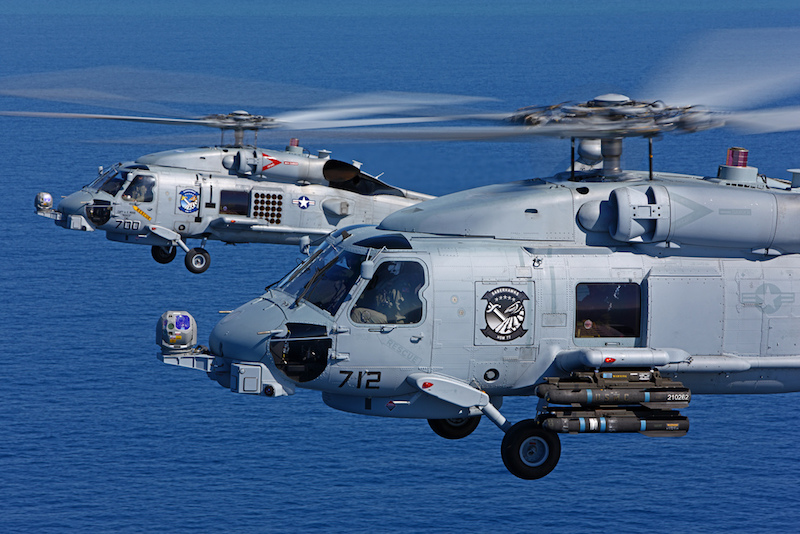




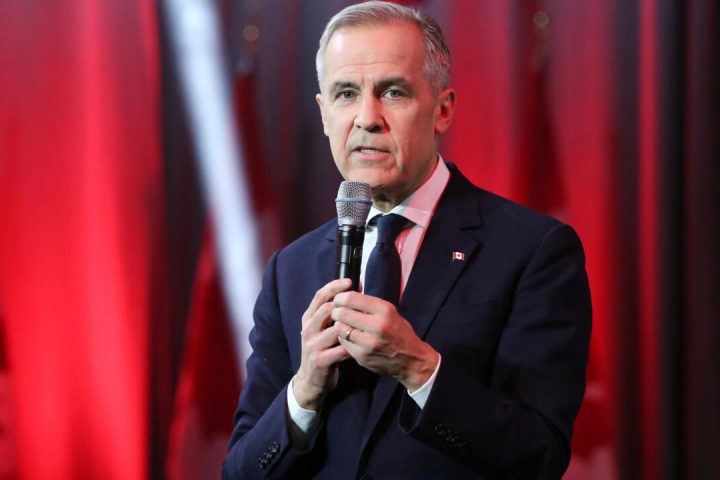







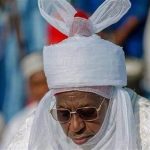
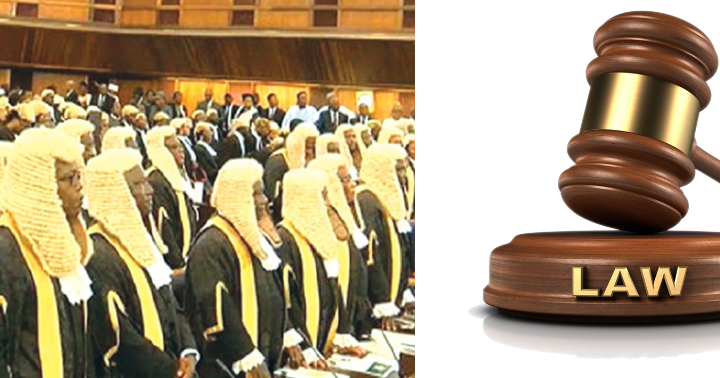

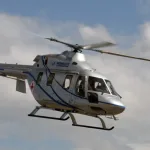
Follow Us